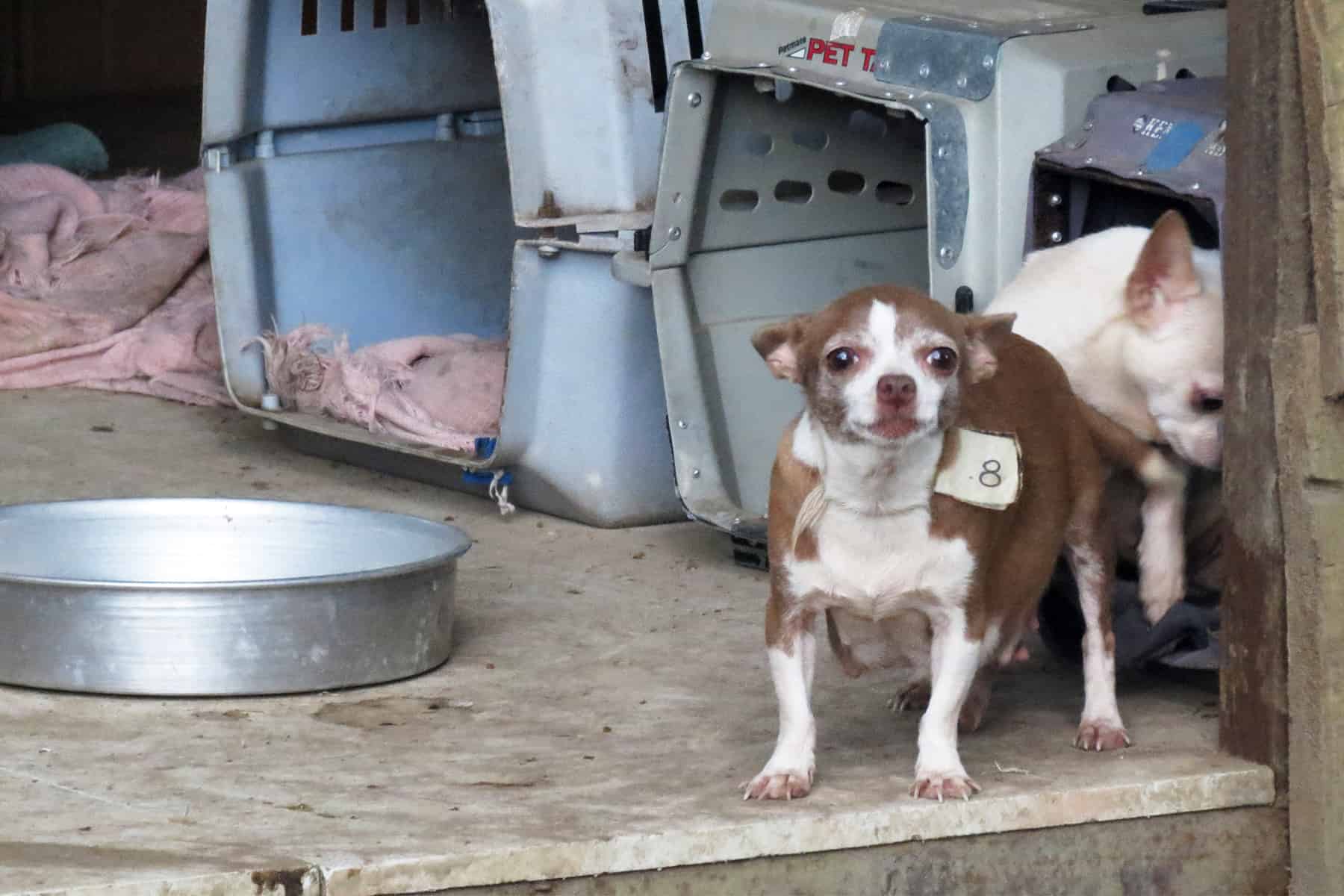With just over two weeks left of the year, reports of animal abuse have already surpassed by 15 percent those recorded last year, the National Animal Health Service (SENASA) reported Friday.
The agency so far has received 3,924 reports of animal abuse, the vast majority of them from the Greater Metropolitan Area, which includes San José and parts of Alajuela and Cartago.
SENASA inspectors were mostly alerted to situations where animals were being kept in unsanitary or unhealthy conditions, or were malnourished. They also attended cases where animals were being bred indiscriminately and used for clandestine fights, the agency reported.
Among their successes, SENASA inspectors were able to rescue 510 dogs who were mistreated, neglected and poorly fed. Most were pit bulls and American Staffordshire terriers that were being bred and trained using extreme methods specifically designed to make them aggressive for fighting.
SENASA’s General Director Bernardo Jaén said officials are very pleased to have been able to rescue and give a second chance to so many dogs, most of which were rehabilitated, neutered, dewormed and put up for adoption.
“Currently 423 of them have successfully found new homes,” he said.
Jaén noted that they were able to increase the number of rescued animals thanks to collaboration from the Health Ministry, National Police and from organizations such as the Humane Society International and the National Association for the Protection of Animals.
“With their help we have been able to solve several cases of puppy mills and animal hoarders who cause animals serious health problems but also affect public health,” he said.
Animal Welfare Bill still pending
Despite SENASA’s animal rescue successes, animal rights advocates are still impatiently awaiting approval of the country’s first Animal Welfare Bill, which seeks harsher penalties for animal abuse.
In November 2014, President Luis Guillermo Solís promised animal rights advocates who protested in front of Casa Presidencial that the bill’s approval “would be a priority of his administration.” But over a year later, the bill has yet to be taken up for a vote by the Legislative Assembly.
Solís included the bill in his list of priority bills to be discussed by lawmakers during the extraordinary period of legislative sessions — where the president defines the agenda — that runs December to April. Last week the bill was relatively near the top of the Assembly’s agenda, however it still does not have a date to be brought before the full Assembly.
The president included the bill in last year’s agenda, also, but then tabled it in February in exchange for a bill to build a new highway between San José and the Alajuela canton of San Ramón.

